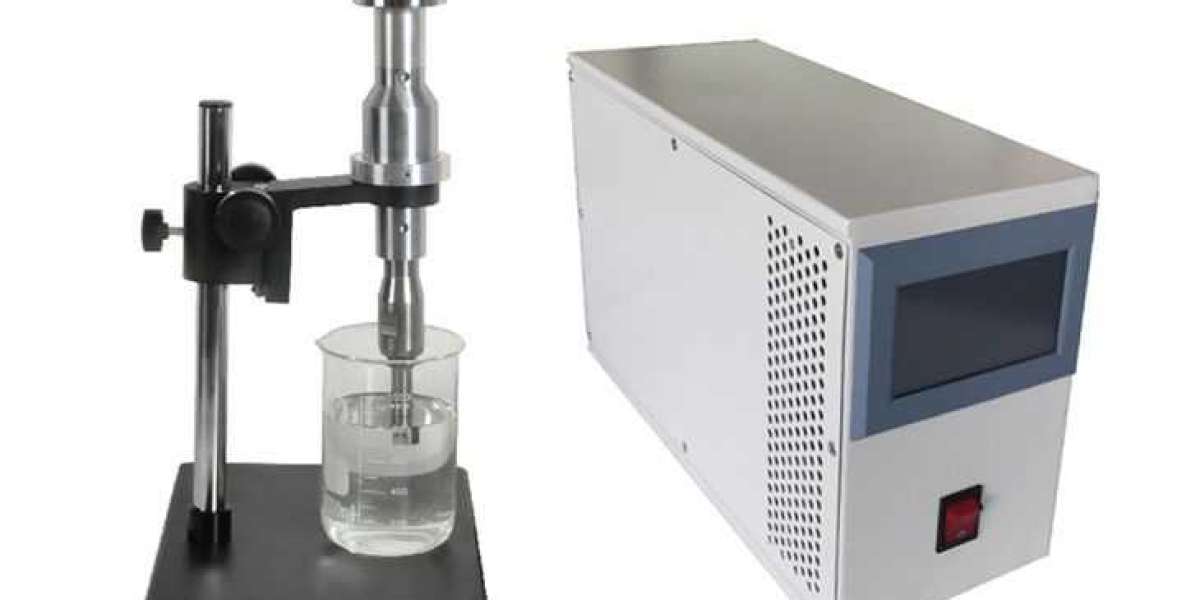Choosing the right drug rehabilitation program is a crucial step in the recovery journey for individuals struggling with addiction. Two of the most common types of rehab programs are inpatient and outpatient treatment. Each approach offers unique benefits and is suited to different needs and circumstances. Understanding the differences between inpatient and outpatient drug rehab programs can help individuals and their families make informed decisions about the best path to recovery. This article explores the advantages of both inpatient and outpatient rehab programs addiction treatment programs atlanta georgia.
Inpatient Drug Rehab Programs
Inpatient rehab programs require individuals to reside at the treatment facility for the duration of their program, typically ranging from 28 days to several months. This structured environment provides comprehensive care and support. Here are some of the key benefits of inpatient rehab:
1. 24/7 Support and Supervision
Inpatient programs offer round-the-clock support from medical professionals and addiction counselors. This constant supervision ensures that individuals receive immediate assistance for any physical or emotional challenges they may encounter, including withdrawal symptoms.
2. Structured Environment
The highly structured setting of an inpatient program minimizes distractions and potential triggers, allowing individuals to focus solely on their recovery. The daily schedule typically includes therapy sessions, group meetings, and recreational activities designed to promote healing.
3. Comprehensive Treatment
Inpatient programs provide a wide range of therapeutic services, including individual counseling, group therapy, family therapy, and holistic therapies. This comprehensive approach addresses the various aspects of addiction and equips individuals with coping skills for long-term recovery.
4. Detoxification Support
For individuals with severe substance use disorders, inpatient rehab often includes medical detoxification services. This process allows individuals to safely manage withdrawal symptoms under medical supervision, ensuring a more comfortable and safer detox experience.
5. Peer Support and Community
Living in a residential facility fosters a sense of community and support among individuals in recovery. Sharing experiences and challenges with peers can help individuals feel less isolated and more understood, promoting emotional healing.
6. Focus on Recovery
Inpatient rehab allows individuals to remove themselves from their daily lives and responsibilities, providing the opportunity to fully concentrate on their recovery without outside distractions or pressures.
Outpatient Drug Rehab Programs
Outpatient rehab programs allow individuals to receive treatment while continuing to live at home and maintain their daily responsibilities. Treatment schedules can vary, with some programs requiring several sessions per week. Here are the benefits of outpatient rehab:
1. Flexibility
Outpatient programs offer greater flexibility in scheduling treatment sessions, making it easier for individuals to balance their recovery with work, school, or family obligations. This flexibility can be particularly beneficial for those with strong support systems at home.
2. Cost-Effectiveness
Outpatient rehab is often more affordable than inpatient programs, as individuals do not incur the costs associated with room and board. This makes outpatient treatment accessible for those who may not have the financial means for residential treatment.
3. Integration of Recovery into Daily Life
Outpatient treatment allows individuals to practice the skills and strategies learned in therapy while managing real-life challenges. This gradual integration can help individuals develop resilience and coping mechanisms that are essential for long-term recovery.
4. Family Involvement
Outpatient rehab often encourages family involvement in the treatment process, allowing loved ones to participate in therapy sessions and support groups. This involvement can strengthen family relationships and foster a supportive home environment.
5. Personalized Treatment Plans
Many outpatient programs offer personalized treatment plans tailored to the individual’s needs. This customization can include specific therapeutic modalities, support groups, and resources that address unique challenges and goals.
6. Support for Co-Occurring Disorders
Outpatient programs can be particularly beneficial for individuals with co-occurring mental health disorders, as they allow for simultaneous treatment of both addiction and mental health issues while maintaining a daily routine.
Choosing the Right Program
Deciding between inpatient and outpatient drug rehab programs depends on several factors, including:
Severity of Addiction: Individuals with severe substance use disorders or those experiencing significant withdrawal symptoms may benefit more from inpatient treatment, while those with milder addictions may find outpatient care sufficient.
Support Systems: Consideration of available support systems is essential. Individuals with strong family and community support may thrive in outpatient programs, while those lacking such support may benefit from the structured environment of inpatient care.
Personal Responsibilities: Individuals who have work, school, or family obligations may prefer outpatient treatment to maintain their daily responsibilities while pursuing recovery.
Treatment Goals: Individuals should consider their specific treatment goals and the type of support they believe will be most effective for their recovery journey.
Conclusion
Both inpatient and outpatient drug rehab programs offer valuable benefits and can be effective in treating addiction. Inpatient rehab provides 24/7 support in a structured environment, making it ideal for those with severe addictions or complex needs. On the other hand, outpatient rehab offers flexibility and integration of recovery into daily life, making it suitable for individuals with strong support systems and less severe addictions. Ultimately, the best choice depends on the individual’s unique circumstances, and a thorough assessment by a qualified professional can help guide this important decision. Regardless of the chosen path, the key to successful recovery lies in commitment, support, and effective treatment.








